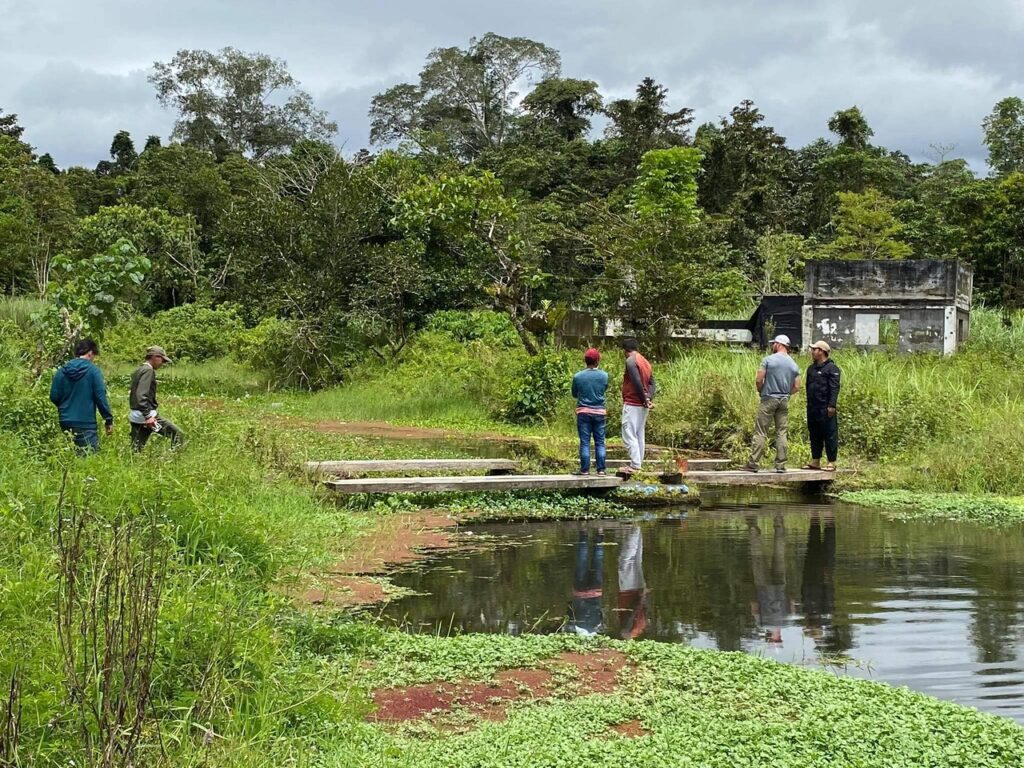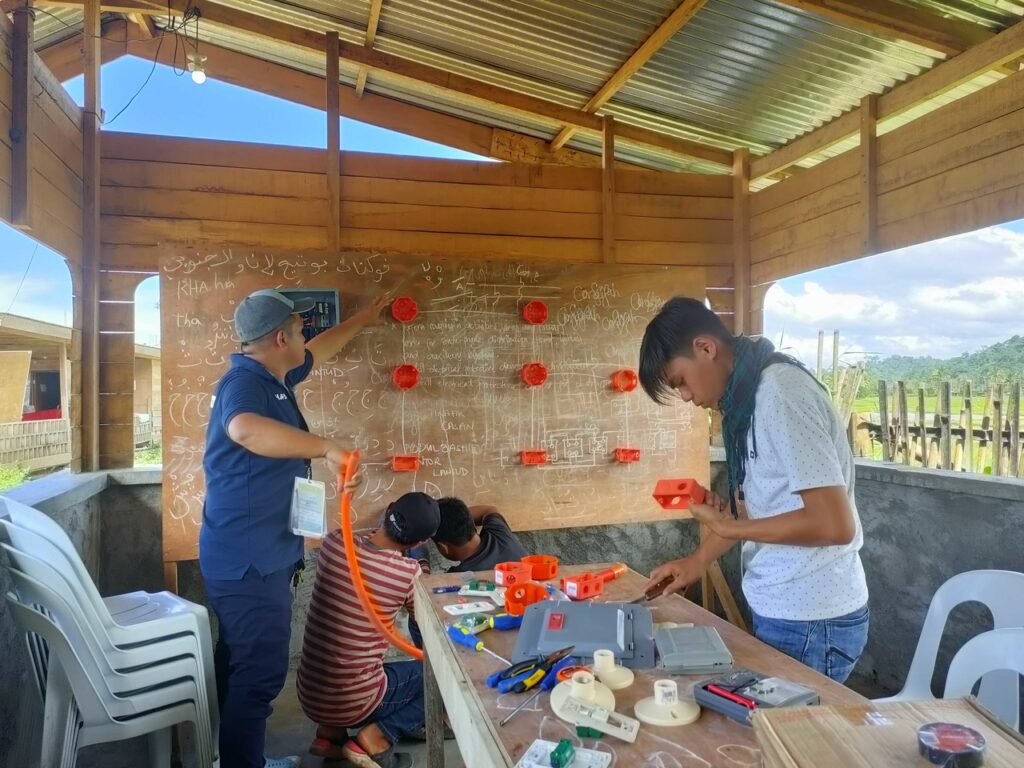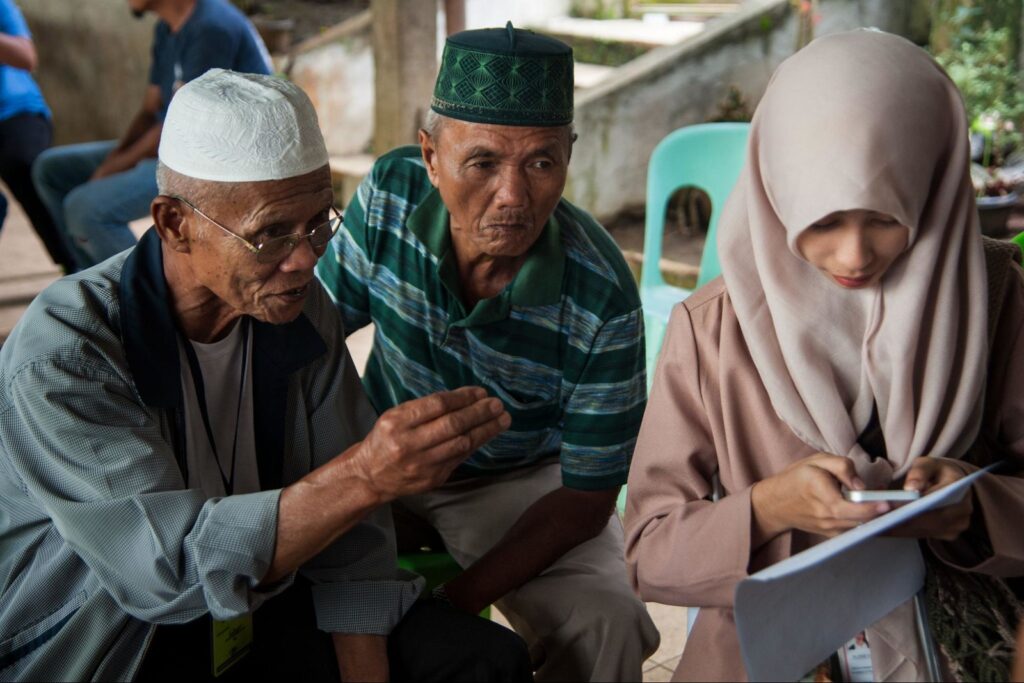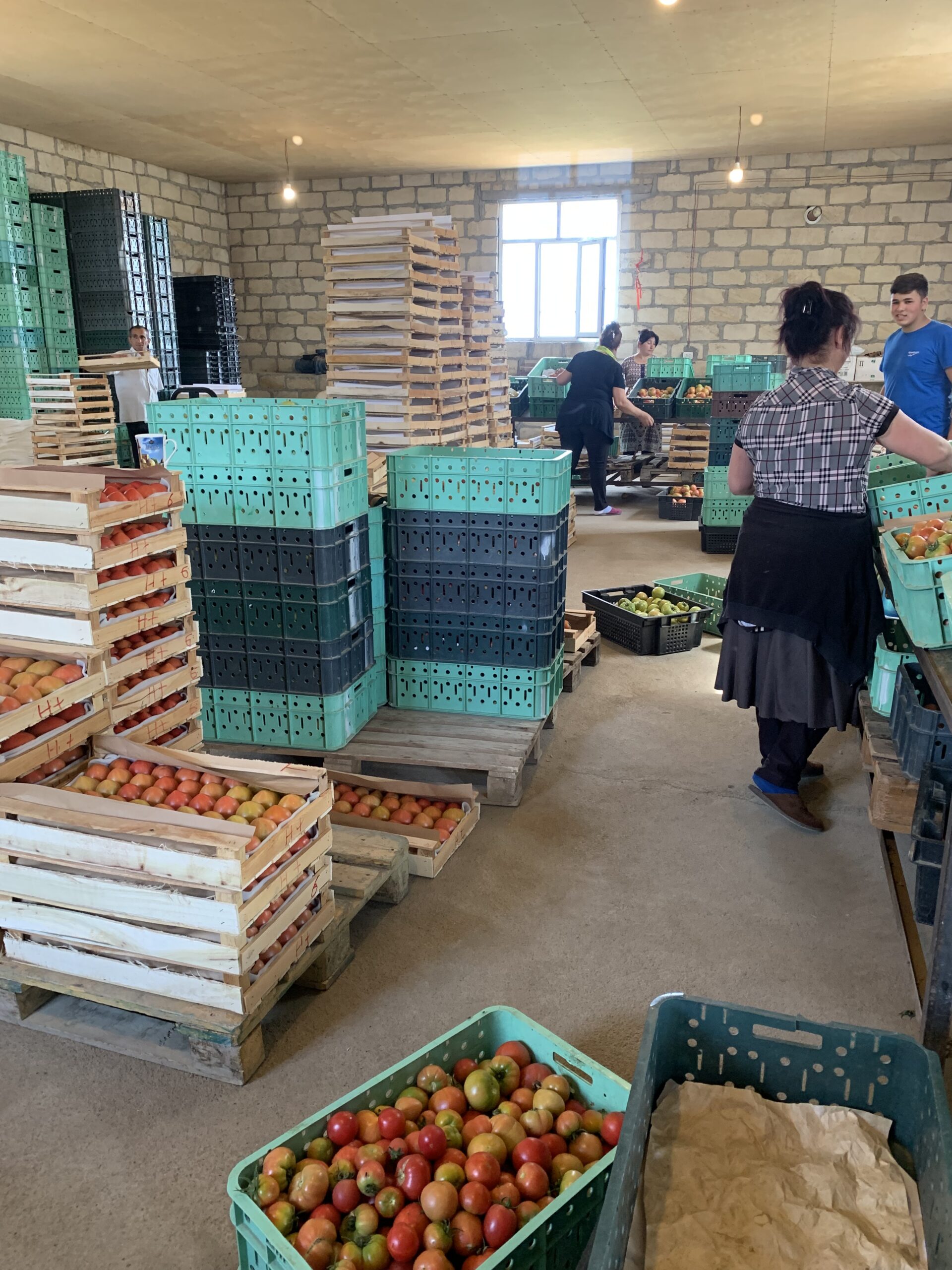Research & Analysis
Research and analysis is embedded into every aspect of our day to day work at IMPL. PROJECT. Our in-house team takes a holistic approach that is steeped in data collected by our staff around the world, leverages media monitoring, open-source data collection and analysis, robust relationships with key local partners and communities, heavy-duty data analysis platforms, and top of the line data visualization products.
Conducting research and analysis on complex international development and foreign policy challenges is an ongoing process. Without constantly analyzing and learning about community challenges, needs, and priorities, we cannot design and implement programming that will actually make a difference in their lives and address systemic causes of vulnerability. If we stopped asking questions and started making assumptions, achieving our mission would be impossible.


How It’s Normally Done
One of the biggest problems in the international development sector is that foreign assistance funding and solutions are too often offered from donors with pre-determined agendas and assumptions. An organization or agency approaches a community with a plan to build a well or a hospital without conducting the research and analysis needed to determine whether doing so is the best course of action for the people living in that community. Instead of asking communities and local organizations what problems they want to address and solve, programming objectives are set by outsiders.
Local community consultations and buy-in are essential in IMPL. PROJECT’s research and analysis and the resulting program design and implementation. IMPL. PROJECT believes local communities should play a primary role in determining and identifying their main problems and challenges, who they trust to solve their problems, and how to best solve their challenges. IMPL. PROJECT’s research and analysis results in local solutions to local problems and bespoke programming interventions for maximum impact and outcomes for communities around the globe.
How IMPL. PROJECT Does It
IMPL. PROJECT goes into every project with a blank slate, free of assumptions or agendas. It’s critical to us that we keep an open ear for what a community actually needs. First, through community consultation and data collection, we determine what problems that community is facing, whether it’s a lack of clean water, healthcare access, safety and security, or anything else. Then, we determine the systemic root cause of those issues to direct the best use of resources and data and analysis tools to solve that problem.
Once instability dynamics are delineated, we work with our local staff to design measurable indicators from various sectors where the drivers of instability manifest themselves.
These indicators create baselines of the relative health and resiliency of a community. IMPL. PROJECT’s field research has led us to identify two fundamental components of resilient communities: positive collective action and broad, inclusive stakeholdership. Our indicators reflect these dynamics locally.


Benefits of Our Methodology
By weaving research and analysis into the fabric of everything we do at IMPL. PROJECT, we set the communities we serve up for success. Our pre-established baselines for program impact and outcomes allow us to consistently analyze the progress of how our programming is impacting the community, and allows us to continue asking the right questions so we can keep learning and improving. This leads to life-changing outcomes for people living in vulnerable communities all over the world.
